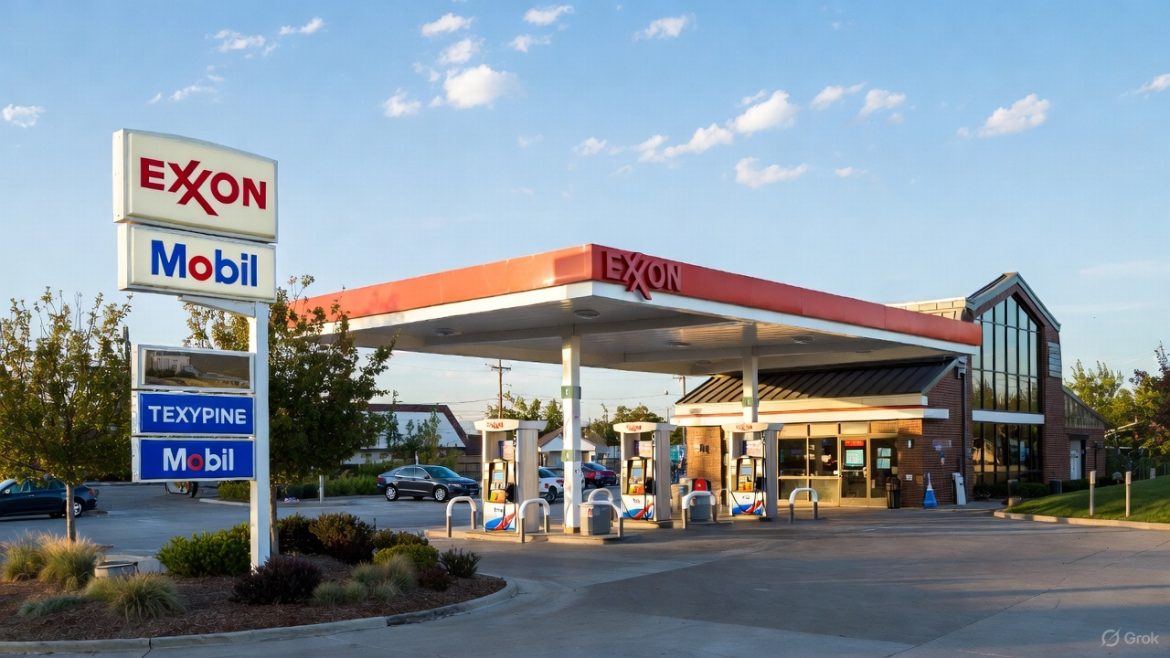Exxon Mobil announced Tuesday that its Fife ethylene plant (FEP) in Scotland will shut down in February 2026, citing a combination of high supply costs, weak market conditions, and the challenging UK economic and policy environment as reasons for the closure.
European chemicals producers, which constitute the European Union’s fourth-largest exporting sector, trailing only machinery, automotive, and pharmaceuticals, are facing a confluence of severe challenges that are profoundly reshaping the industry’s landscape.
A primary source of this distress stems from the dramatic surge in energy costs, a direct consequence of Russia’s full-scale invasion of Ukraine.
Supply crisis
This conflict triggered a major supply crisis, sending natural gas and electricity prices spiraling far beyond those faced by competitors in regions like North America and the Middle East, where energy feedstocks are abundant and cheaper.
Compounding this external energy shock is the burden of aging infrastructure across much of the European chemical complex.
Decades of underinvestment in modernisation and capacity upgrades have left many production facilities less energy-efficient and more prone to operational disruptions compared to newer global plants.
This combination of cripplingly high operational costs and structural deficiencies is systematically eroding the competitiveness of European chemical manufacturers in the global market.
Europe’s chemical industry increasingly relies on imported feedstocks, such as ethylene and propylene, as high natural gas costs make local production via cracking uneconomical.
This shift threatens supply security, expertise, and industrial capacity. The EU and the industry need strategic investment, energy reform, and innovation to counter this trend.
Impact
The closure, as announced by the US oil major in a statement, will affect 179 Exxon employees and approximately 250 contractors.
However, 50 of the employees will be given the option to transfer to the Fawley Petrochemical Complex.
Exxon stated it had explored several ways to maintain production and gauged market interest for a prospective buyer of the ethylene plant, which is located near Cowdenbeath in Fife.
“FEP has been a cornerstone of chemical production in the UK for 40 years, and its closure reflects the challenges of operating in a policy environment that is accelerating the exit of vital industries, domestic manufacturing, and the high-value jobs they provide,” the company was quoted in a Reuters report as saying.
The shutdown of this facility is symptomatic of a wider trend in Europe’s refining sector, which is experiencing a sustained decline in capacity.
Oil companies across the continent are increasingly choosing to close down older, less efficient refineries or convert them into biofuel processing sites.
This strategic shift is driven by stricter environmental regulations, decreasing domestic demand for conventional fuels as the transition to electric vehicles accelerates, and intense competition from newer, larger global refineries.
The resultant contraction in European refining capacity could impact regional fuel supply security and increase reliance on imported refined products.
In July, Energy Minister Michael Shanks announced that Grangemouth, Scotland’s sole oil refinery, had ceased crude oil processing in April.
He also confirmed that the UK’s insolvent Lindsey refinery would shut down, as it had failed to secure a buyer.
The post Exxon Mobil to close Scottish chemical plant, citing high costs and challenging UK policies appeared first on Invezz
